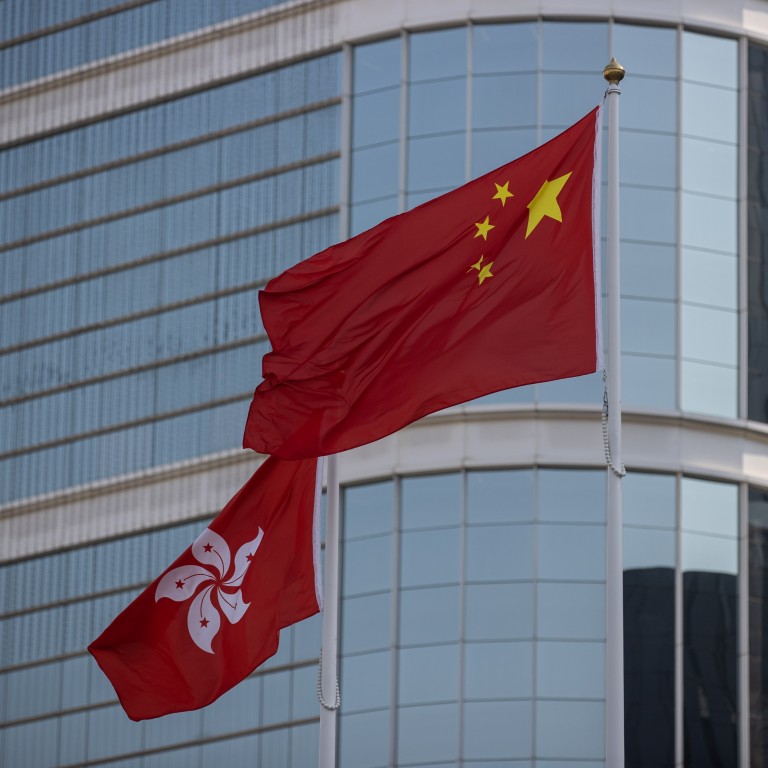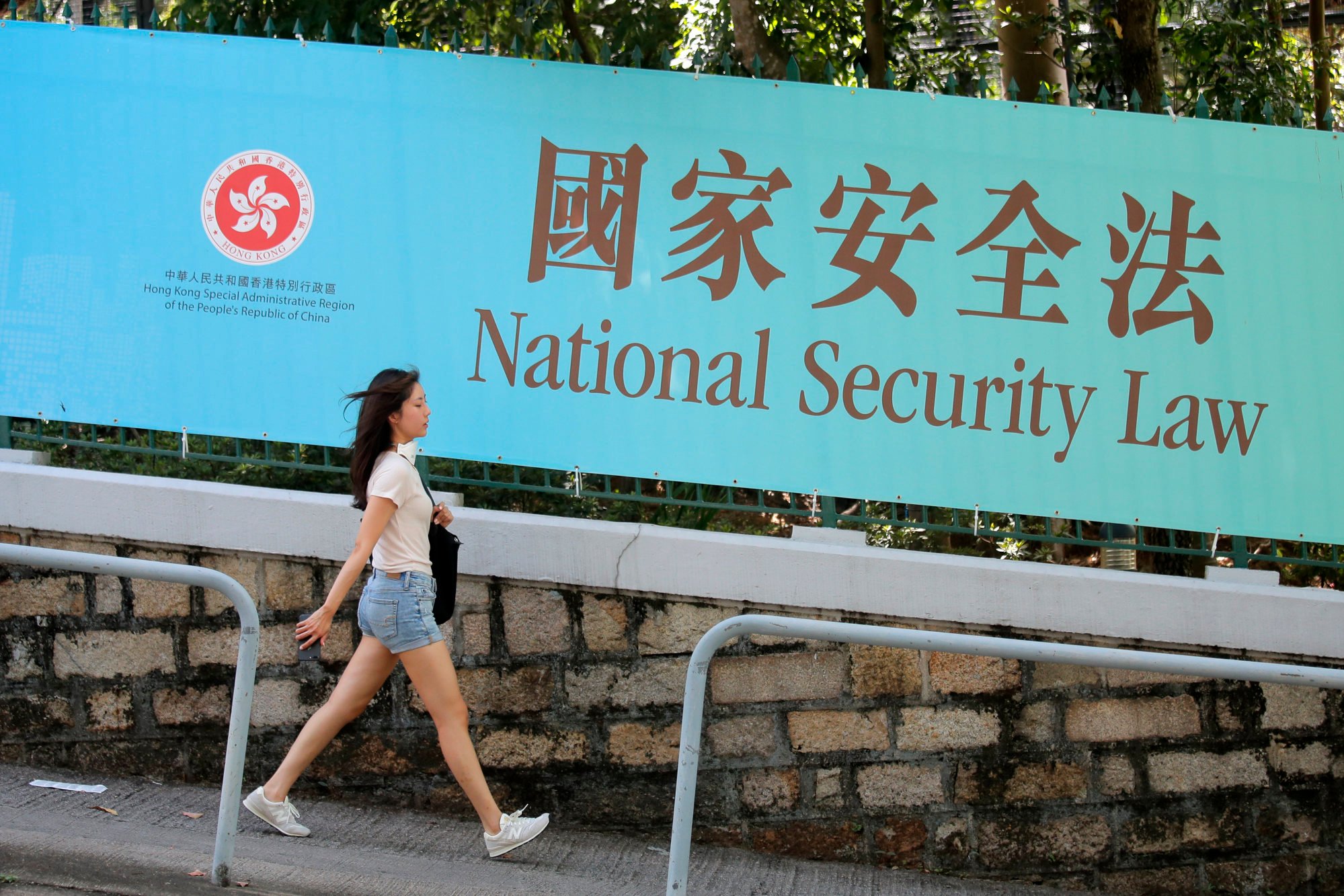
Hong Kong should step up explaining security law to foreign firms and convince them to use city as base for Greater Bay Area expansion, CY Leung says
- Leung says the draft legislation for Article 23 is comparable with countries such as Singapore, which recently acted against a Hong Kong-born citizen under a law to counter foreign interference
- Former city leader adds that Hong Kong can make use of its English-language advantage to serve as a base for firms to access the Greater Bay Area
Leung said the draft legislation for Article 23, the city’s national security clauses of the Basic Law, the mini-constitution, could be compared with relevant laws in other countries.
He mentioned the recent case of Singapore acting against Hong Kong-born Singaporean businessman Philip Chan Man Ping, 59, under a law to counter foreign interference.

On February 2, the Singapore government served notice of its intention to designate him a politically significant person, accusing him of having shown “susceptibility to be influenced by foreign actors and willingness to advance their interests” under its Foreign Interference Countermeasures Act.
Once designated as a politically significant person, Chan would have to disclose information annually, including political donations that he receives and accepts and his foreign affiliations and migration benefits to the Registrar of Foreign and Political Disclosures yearly. Chan was given 14 days from February 2 to respond.
Hong Kong’s Article 23 law likely to state maximum penalties for offences: minister
“We haven’t talked enough about other places to illustrate that Hong Kong is not the only place imposing security legislation,” Leung said. “We are not trying to tarnish Singapore. We are just asking foreign chambers of commerce to do a comparison.”
He noted that the action against Chan was taken by the Singapore government, whereas future suspects under Hong Kong’s proposed local national security law could only be convicted by the courts and such legal proceedings would provide a clearer picture of the “red lines” they crossed.

The Hong Kong government last month laid out its proposals for Article 23, which would expand the scope of national security offences to include theft of state secrets, espionage and other acts which were not part of the national security law imposed by Beijing in 2020.
No envoys, business chambers oppose Hong Kong national security law: minister
Leung, a vice-chairman of China’s top political advisory body, the Chinese People’s Political Consultative Conference, said the Hong Kong authorities should have presented more facts to rebut criticism of the draft legislation.
“It is sufficient if we just lay the facts out,” he said. “For years, from the national security law to the current Article 23 legislation, as well as the black-cladded violence and the Jimmy Lai Chee-ying case, we have not pushed back enough.”
He was referring to violent clashes during the 2019 anti-government protests and the ongoing national security trial of media tycoon Jimmy Lai who ran the now-closed tabloid Apple Daily.

Leung said Hong Kong should also make use of its English-language advantage to promote the city as an “excellent base” to access the Greater Bay Area, which comprises Hong Kong, Macau and nine cities in Guangdong.
UK, US security laws referenced for Hong Kong’s Article 23 are ‘overbroad’
A long-time champion of the plan to turn the region into an economic powerhouse, Leung said the authorities should promote the infrastructure for cross-border transport, mainland measures to support foreign businesses and the region’s diverse economy that includes innovation and technology, finance, logistics, and many more areas.
He suggested having more initiatives to make it easier for foreigners to visit mainland cities, such as a Greater Bay Area Pass for expatriates in Hong Kong.
It would be similar to the Asia-Pacific Economic Cooperation Business Travel Card, a permit that streamlines the entry process into the economies for short-term business travel, he said.

Leung said Hong Kong could aim to get multinational firms to set up their Greater Bay Area headquarters in the city too.
“There is no reason not to hand over the Guangdong cities to the Hong Kong branch to manage,” he added. “So these are the [kinds of] advocacy we need.”
Leung lamented that business chambers and professional bodies in Hong Kong were not doing enough in showing their presence despite being enthusiastic about the prospects of the Guangdong cities.
Hong Kong officials too ‘passive’ in efforts to attract mainland visitors: CY Leung
He pointed to the following organisations: the Hong Kong General Chamber of Commerce; the Hong Kong Exporters’ Association; the Chinese General Chamber of Commerce; the Chinese Manufacturers’ Association; the Federation of Hong Kong Industries; the Hong Kong Chinese Importers’ and Exporters’ Association; the Law Society of Hong Kong; and the Real Estate Developers Association.
He said these groups, which were resourceful and had many members, should expand their services and advocate for beneficial policies on the mainland.









